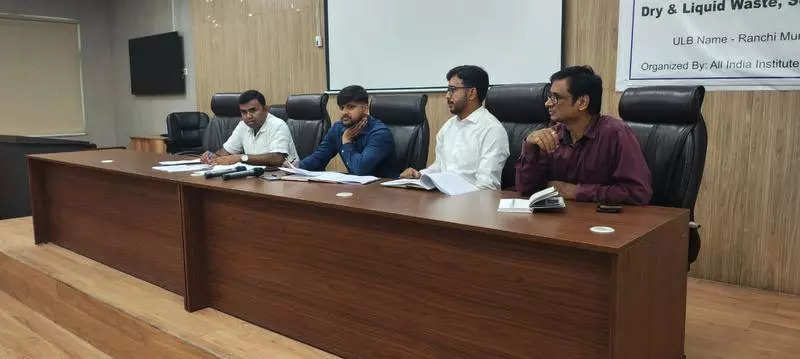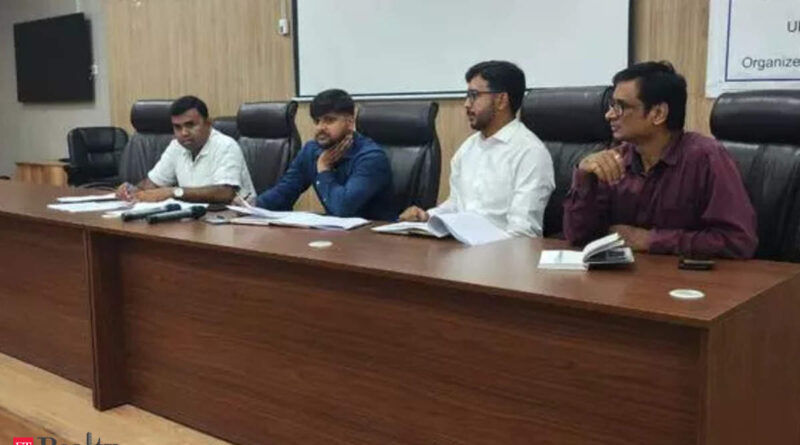Ranchi civic body launches drive to recover holding tax dues from 70,000 defaulters, ET RealEstate

RANCHI: The Ranchi Municipal Corporation (RMC) has launched an intensive drive to recover outstanding holding tax dues from approximately 70,000 defaulters for the 2024-25 financial year (FY), while unveiling plans for the 2025-26 FY.
Towards achieving this target, the civic body is conducting ward-wise enforcement, particularly targeting commercial misuse of residential properties.
“We are recovering dues by identifying and penalizing violators who use residential properties for commercial purposes without proper tax declarations. This brings fairness to the system and expands our revenue base,” deputy municipal commissioner Gautam Prasad Sahu said.
For the 2025-26 FY, RMC aims to increase the holding tax collection by 10% over last year’s revenue of Rs 83 crore, targeting Rs 91 crore. “To meet this target, over 13,000 vacant land parcels within the city limits will be reassessed,” Sahu said.
He further said, “We’ve identified several establishments that have expanded without obtaining holding numbers. These will be brought into the tax net through proper reassessment.”
The corporation would issue formal notices to large establishments that haven’t submitted self-assessments he said. “The first quarter will see an intense drive. Defaulters will receive prompt notices, followed by swift enforcement,” he stressed.
As part of the collection process, the civic body has also announced a 10% rebate for property owners who pay their entire holding tax for 2025-26 FY by June 30, 2025. “This incentive seeks to reward timely fulfilment of civic responsibilities. Early payments ensure steady cash flow for essential services,” assistant municipal commissioner Chandradeep Kumar.
To maximize the outreach, RMC is deploying tax collectors, project management unit officials and private collection agencies. These teams will conduct ward visits, awareness campaigns and guide residents through the payment procedures.
“We are transitioning from passive collection to proactive enforcement, focusing on revenue, fairness and transparency,” Sahu added.



